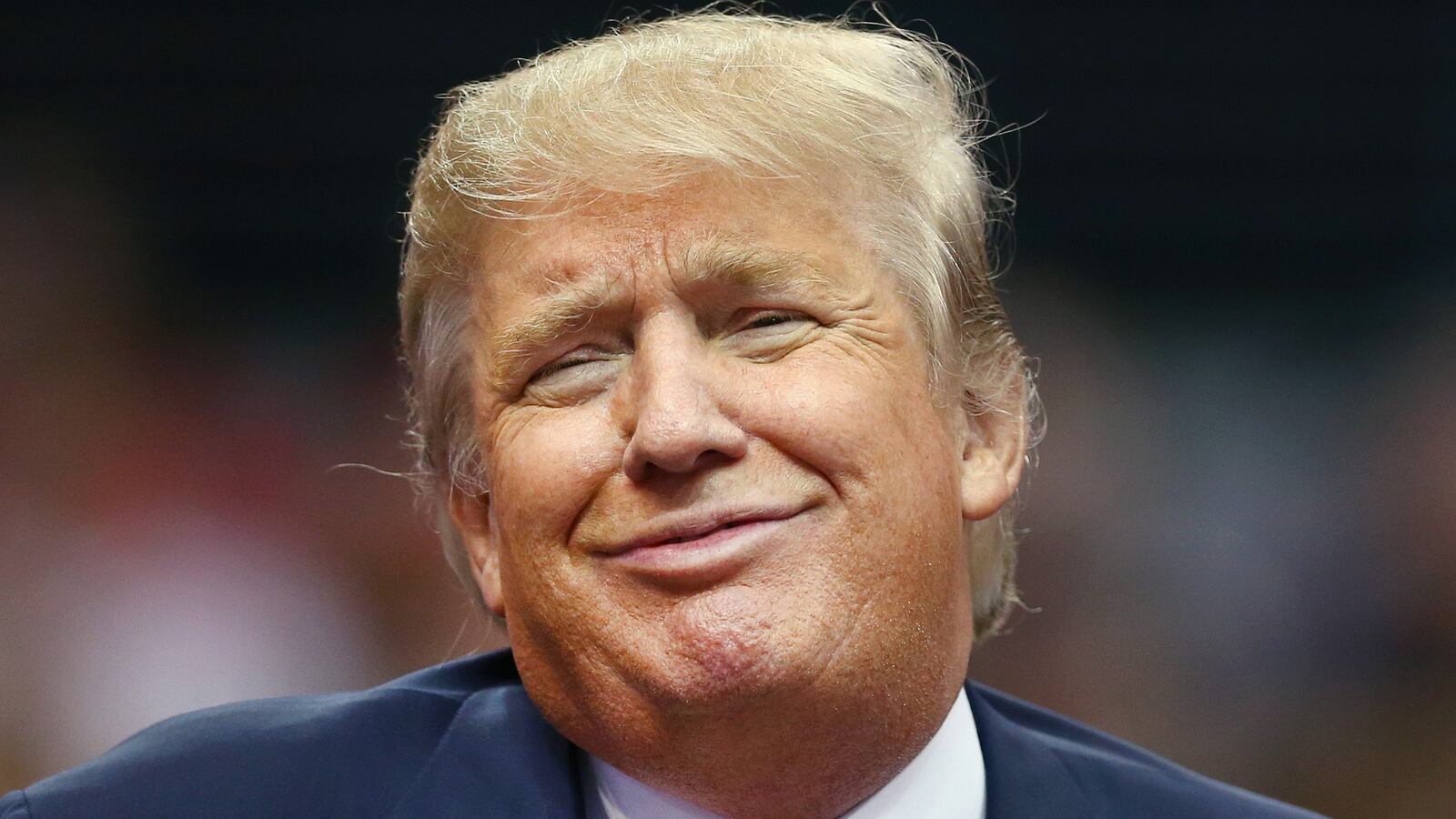It was probably inevitable that on the rare occasion Donald Trump chose to do the right thing in the realm of foreign affairs, he would do so the wrong way. Not only did the President choose to call off the Singapore Summit with Kim Jong Un while a group of American journalists were visiting North Korea—and here’s hoping a humiliated Kim isn’t reckless enough to turn our colleagues into hostages—the White House seems not to have given any advance warning to the South Koreans.
Asked about the announcement from the White House, a spokesman for Seoul’s Blue House said, “We’re attempting to make sense of what, precisely, President Trump means.”
But cancellation was the only sensible option left to Trump—if only because he had so badly botched the planning for the June 12 summit with Kim.
From the start, the Trump Administration’s approach to the summit was bass-ackward. Here’s the normal sequence of events for such a summit; the two sides send signals through intermediaries that they are ready to parley; they despatch diplomats to meet quietly, usually at a neutral venue, and discuss what outcomes are possible (this step may be repeated several times); then, senior representatives meet, still on the QT, to start outlining the deal, arguing over demands and counter-demands (this process, too, can be repeated a few times, to allow for some give-us-this-or-we-walk brinkmanship); then, the top diplomat from one side (say, the Secretary of State) makes a visit to the other, allowing for a nice photo-op, and finalizes the deal; in the last step, by which time no aspect of the deal remains in doubt, the leaders of the two countries meet for a summit, there are gestures of goodwill (the release of hostages, say), climaxing in the made-for-TV moment when they sign the documents.
Now here’s a reminder of the sequence of events that were leading to Singapore: the South Koreans tell Trump that Kim’s ready to talk; Trump immediately announces he’s willing to meet directly with Kim, trying to skip straight to the last stage, and talking of North Korean denuclearization; Pompeo makes a couple of trips, brings back the hostages, but there’s no indication of what kind of deal is possible; Trump, National Security Advisor John Bolton, and Vice President Mike Pence begin to openly, and aggressively, demand full, Libya-like denuclearization, signaling it’s that or nothing; Pyongyang pushes back, again openly and aggressively, with some cutting remarks about Bolton and Pence, and making it clear denuclearization isn’t on the cards; Trump calls the whole thing off.
From the moment Trump showed his over-eagerness to make a historic bargain with the North Korean dictator, he fatally weakened his negotiating position—and, in effect, doomed the prospect of the summit. Starting again was the right thing, the only sensible thing, to do.
Is a summit now possible at all? I believe it is. Kim obviously wants one, and badly: he made a series of concessions—stepping across the DMZ to meet his South Korean counterpart, signaling a willingness to accept a U.S. military presence on the Korean Peninsula; unilaterally announcing an end to nuclear testing, and the dismantling of some testing facilities; releasing three American hostages. He might have held off on some of these until the summit itself, but chose not to. Kim also needs relief from the chokehold of U.S. sanctions, and he’s feeling the Chinese pressure to play nice.
So Trump has a chance for a do-over. But he will not be starting from scratch. The summary, even peremptory manner in which he cancelled the summit has left Kim humiliated, but the dictator is also in a stronger position as a result of his own actions in recent weeks. He has demonstrated to the two countries that matter the most to him, China and South Korea, that he was, from Pyongyang’s perspective, willing to meet Trump more than halfway. Beijing will feel less willing, and able, to pressure him to do more; the complete, immediate denuclearization of North Korea is not a Chinese priority, and might not even be a requirement. South Korea, too, can probably live in the shadow of the North’s nukes as long as there is progress on political and economic fronts.
And so, the negotiations toward a new date for a Trump-Kim meeting will likely be longer, harder than previously possible—but there’s virtue in that for the American president. In truth, he was never likely to get Kim to agree to a complete, immediate denuclearization. Now, with the pressure of an impending summit removed, he has a chance to make his own peace with that fact.
The White House and State Department would do well to regroup during this cooling-off period, and then begin the process toward a more constructive summit, with more realistic outcomes. And one can only hope that Trump learns a lesson from all this—that in international diplomacy, when you shoot from the hip, you are as likely as not to hit your own foot.






